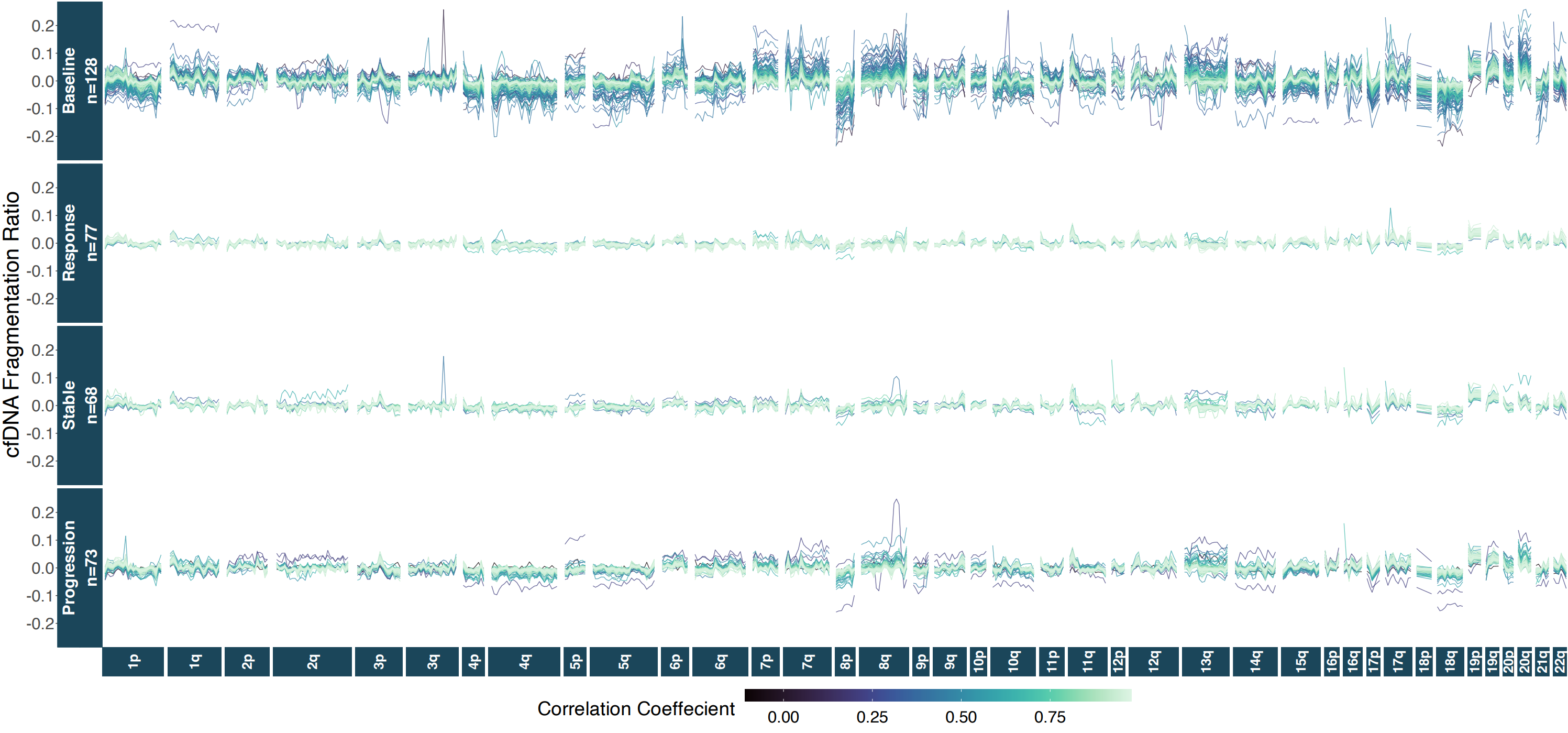Cancer cells in the body are often unstable and die quickly, releasing fragments of tumor DNA into the bloodstream. This circulating tumor DNA (ctDNA) contains valuable information about the cancer. By analyzing tumor DNA, doctors can gain insight into the way tumor cells are developing, and the severity of the disease. With the new blood test, doctors can measure the tumor DNA in the blood and use this information to determine whether treatment is working. “Patients are currently required to come to the hospital for a CT scan to see whether treatment is effective,” says Remond Fijneman from the Netherlands Cancer Institute. “With this blood test, patients can have their treatment monitored from home or at their general practitioner.”
The new blood test, the DELFI-TF test, has been developed by the Netherlands Cancer Institute, Johns Hopkins University, and DELFI Diagnostics. They used this test in a study to measure the amounts of tumor DNA in blood samples from 174 patients with metastatic colorectal cancer. These samples were obtained through the CAIRO5 phase III clinical study, which focused on treatment for this same cancer type. The researchers determined the DELFI-TF score of the blood samples, which indicates how much tumor DNA is present in the blood. The higher the score, the more tumor DNA is found in the blood. A low score indicates that little tumor DNA is present in the body.
The results are promising. Fijneman: “The DELFI-TF scores correspond well with the levels of tumor DNA found in the blood. Patients with low scores had better survival rates after treatment compared to patients with high scores. The test was also found to predict tumor response to treatments more accurately than the current CT scans. When measured before the start of the treatment, these scores could help predict how well someone will respond to the therapy.”

The figure shows the DNA of cancer patients. The first line shows the start of the study, before the patients began their treatment. What stands out is that most patients already display changes to their DNA, indicating that they have cancer, which is visualized in the figure by the many peaks and valleys, as seen in line 1. If the cancer returns after treatment, more peaks and valleys appear (line 4) compared to lines 2 and 3. These latter two lines indicate that patients are responding well to treatment.
The DELFI-TF test is not the first blood test that uses tumor DNA to determine whether a patient responds to their treatment. But unlike the other tests that measure tumor DNA in the blood, this test is mutation-independent. This means that researchers look at the length of small pieces of tumor DNA, also known as fragments, which provide information about the presence and size of a tumor even when there is no information regarding the mutations. Moreover, in the future, the test could help reduce the number of hospital visits for patients and relieve pressure on radiology departments.
The test is currently developed based on blood samples from patients with metastatic colorectal cancer. Fijneman: “The initial results are promising, but the researchers want to confirm the effects of the test for different cancer types.” The DOLPHIN study is currently investigating how clinical practice can benefit from this test. It aims to find out whether physicians can use the test to monitor cancer treatments in patients. The Netherlands Cancer Institute hopes that the DELFI-TF test will offer a reliable way to monitor cancer patients' treatments in the future.
The research described in this scientific publication is a collaboration between the Netherlands Cancer Institute (NKI), DELFI Diagnostics, Johns Hopkins University School, the Cancer Center Amsterdam, University of Amsterdam, University Medical Center Utrecht, and Julius Center for Health Sciences and Primary Care.